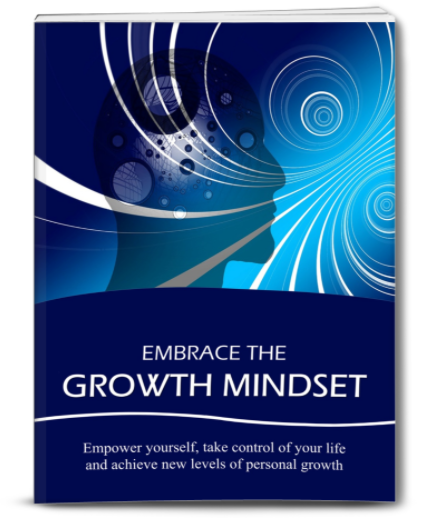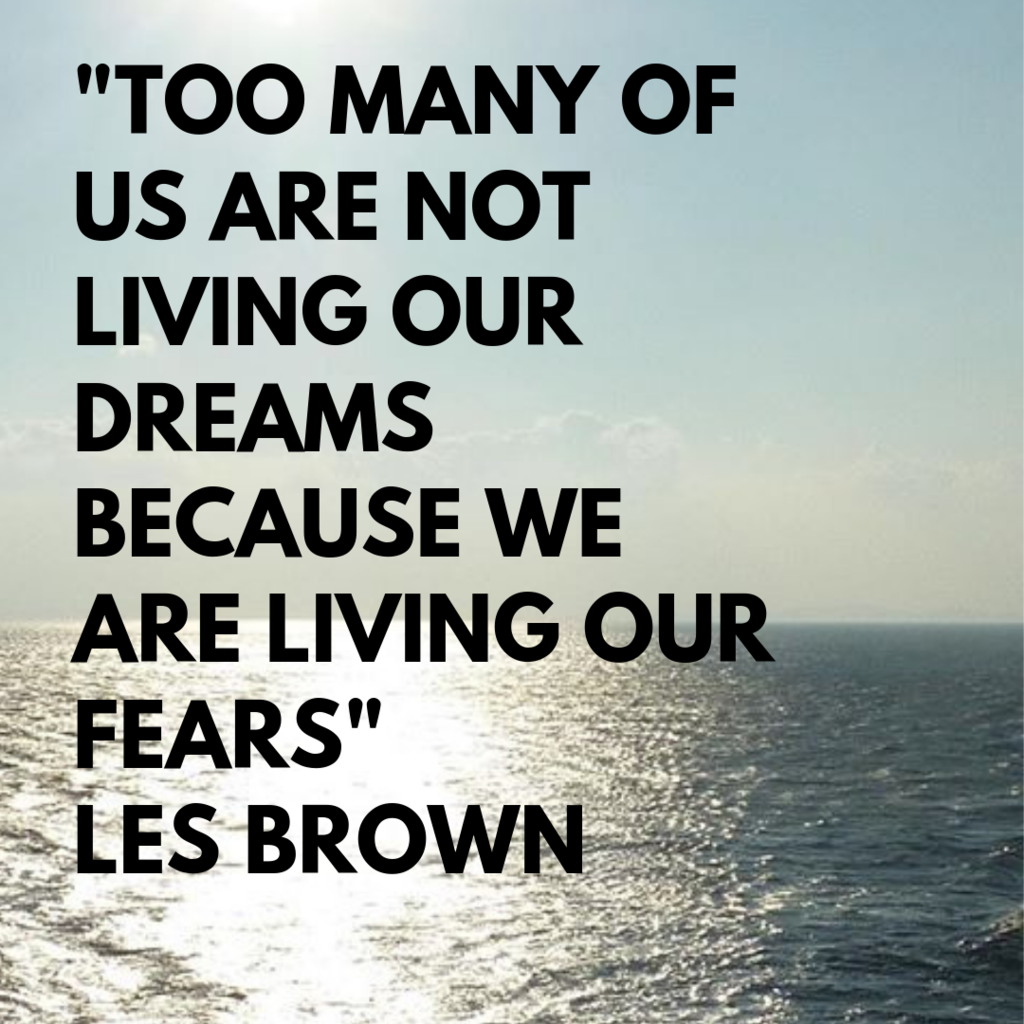Always Look for the Opportunity to Grow
All your efforts have finally paid off and you’ve achieved your dreams. Your business is now successful. You should be happy, but don’t stand still. A business should never stop growing.
Once it does, it becomes stagnant, and your success can become a failure. A stagnant business eventually has to shutter its doors. Think about all the retail stores that don’t exist any longer.
Or the businesses that didn’t keep up with changing trends or technology (hello, Blockbuster) and ended up having to declare bankruptcy before every store had to close.
If you want your business to remain successful, you have to always look for the opportunity to grow. That means that you need to automate things when it’s needed. How you began your business, such as doing everything by hand, won’t be effective once you see some success.
In order to stay relevant and keep on top of demand, you’ll have to automate. That may mean bringing in machines to a job. It may mean that instead of sending out emails or notices yourself, you sign up for automated software that will do it for you.
As your business grows, you can’t afford to be a one man show. You may need to bring in new people and create a team to help you with your tasks or to implement your business strategy.
If you insist on being too hands-on with your business, even as it grows to the point you find yourself struggling to keep up, you’ll start being unable to meet deadlines. Or you’ll end up sacrificing the quality of the service or product you provide.
You continually grow a business by taking care of the customers you already have while at the same time striving to bring in new ones. That means you should always look for opportunities to grow your customer service endeavors.
Look for ways that you can give value to your audience. This may mean something such as offering special incentives to repeat customers. Or when there’s a problem, you fix it with the mindset of taking the opportunity to learn how to salvage the relationship between the customer and your business.
Businesses who care about their customers’ needs and show it, are the ones that stay operational in tough times. Grow your business by engaging with customers. Build a relationship through the use of social media to solidify that relationship.
You can send out surveys, garner feedback and more. Look for opportunities to grow by doing things such as seeking out networking friends. When you network with others, you can find people to add to your team or to partner with, but you can also discover those who want to learn more about your business and may also turn into customers.
When it comes to growing your business, this means that you should grow on a personal level as well. Never stop learning new things in your niche. Stay up to date on the latest developments in your field and take part in growth activities in your area or online, such as creating a joint venture with someone else.
...

